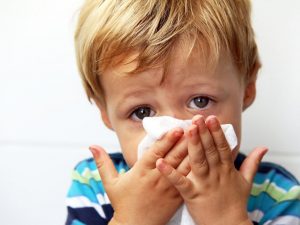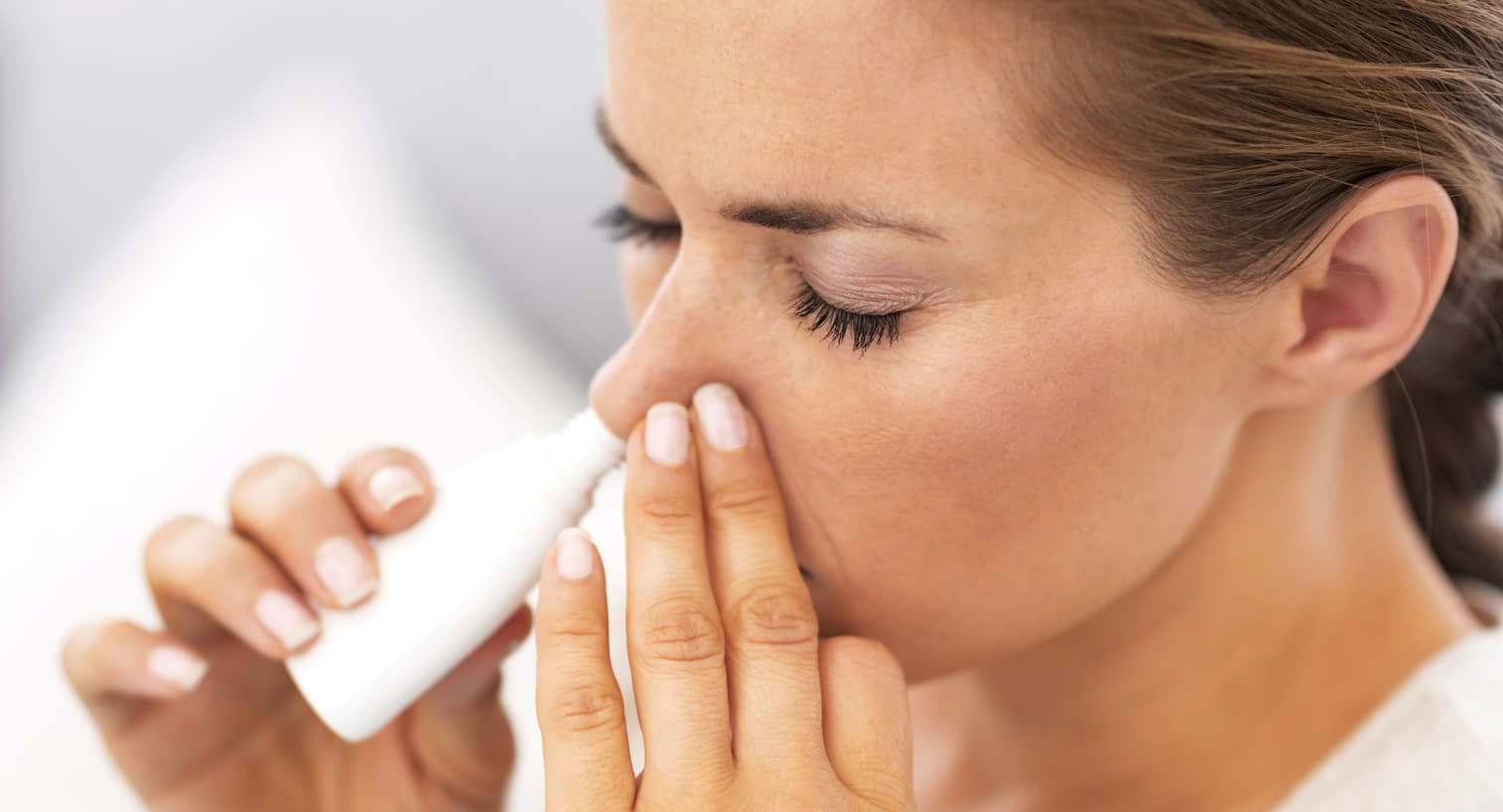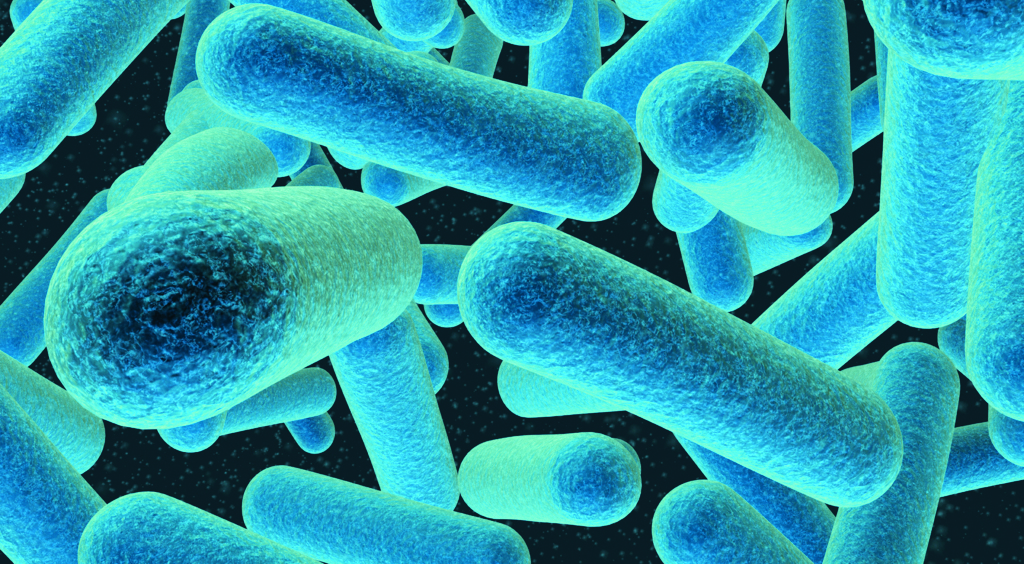Seasonal rhinitis appears with the arrival of pollen. Those affected may notice in the nose, palate, back of the throat and eyes an itching that begins gradually or abruptly. In general, patients have watery eyes, sneezing, and a drop of clear water from the nose.
The pharmacological treatment must adapt to the symptoms and the severity of the same. Currently, the most commonly used are topical and oral drugs.
In the case of topics include antihistamines, decongestants and the most effective in allergic rhinitis, intranasal corticosteroids.
Regarding oral treatment, the most commonly used are oral antihistamines and intranasal corticosteroids to control nasal congestion.
It is advisable to use a second generation antihistamine due to safety reasons, as they produce fewer side effects.
If the origin of rhinitis is associated with a specific allergen, such as house dust mites, the treatment of rhinitis would prevent the allergen from coming into contact with the patient.
In the case of mites, for example, good preventive measures help reduce their impact, such as putting special covers on the mattress, washing the bedding weekly with water at 60 degrees Celsius and removing the carpets and carpets from the bed home.
Almost all the symptoms of allergic rhinitis can be treated. Children with rhinitis have the best prognosis because they can overcome allergies in some cases as the immune system strengthens against the allergen.
However, if the substance that generates the allergy is pollen, for example, it is difficult to stop affecting the patient.
 Allergic rhinitis is caused by the interaction between genes and the environment. The main risk factors of the disease are:
Allergic rhinitis is caused by the interaction between genes and the environment. The main risk factors of the disease are:
- Children of allergic parents are more at risk of developing the disease.
- Exposure to environmental factors. The specialists point out that there is a theory, called hygiene hypothesis, which defends that infections and unhygienic contact could offer protection against allergy, while a sterile environment would encourage its appearance.
- It is shown that contamination affects the development of rhinitis. This is more frequent in people who live in regions with a lot of vehicle traffic.
Learn more about your health and well-being at Pharmamedic.







